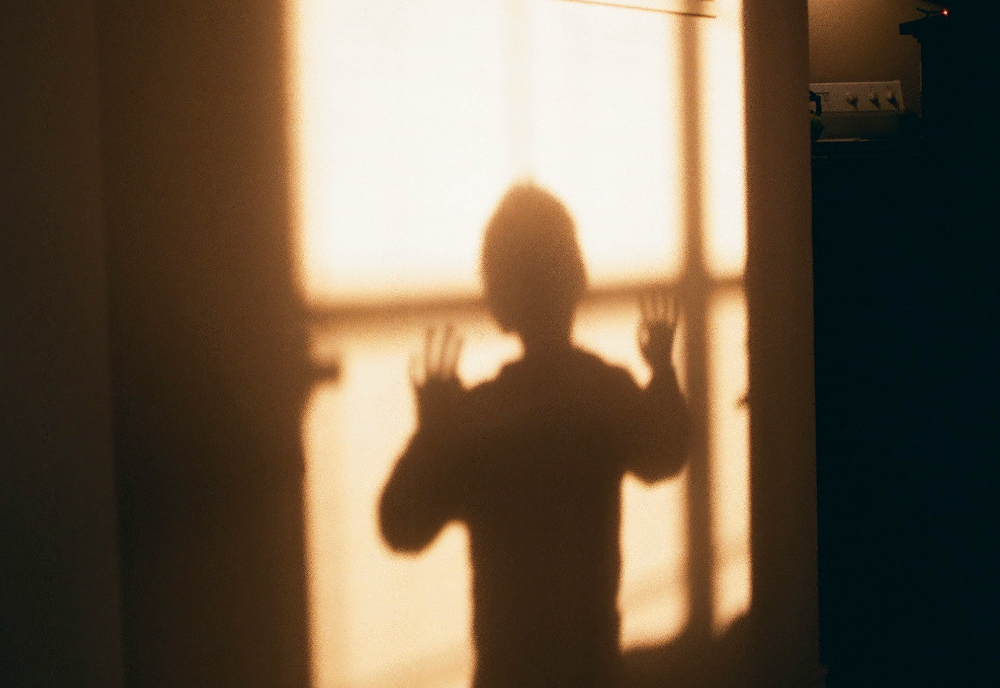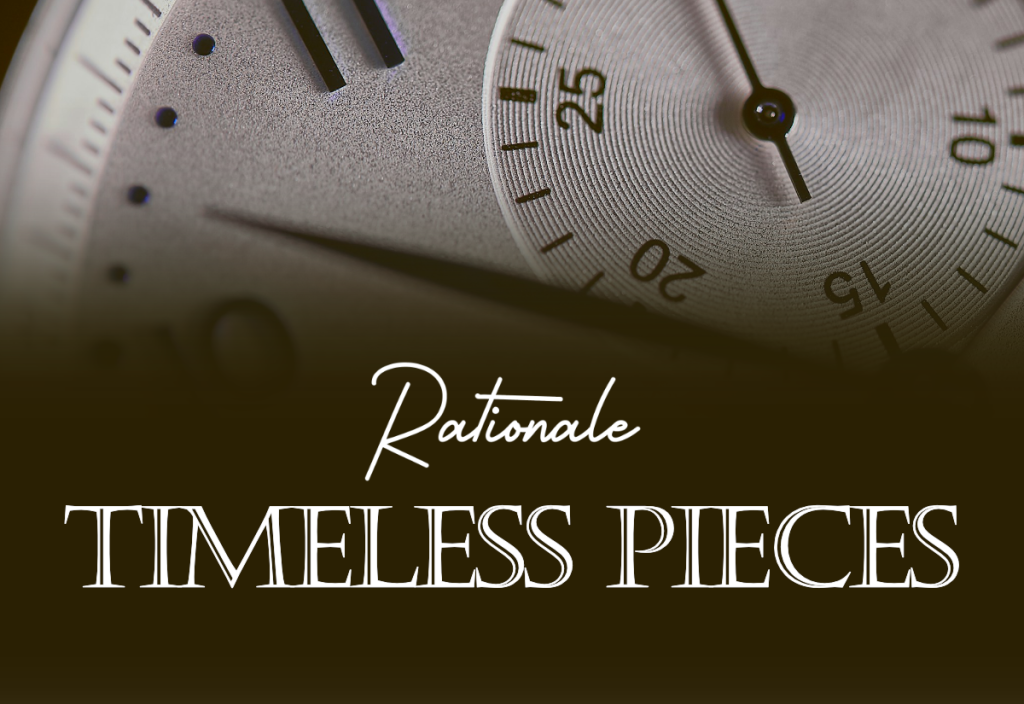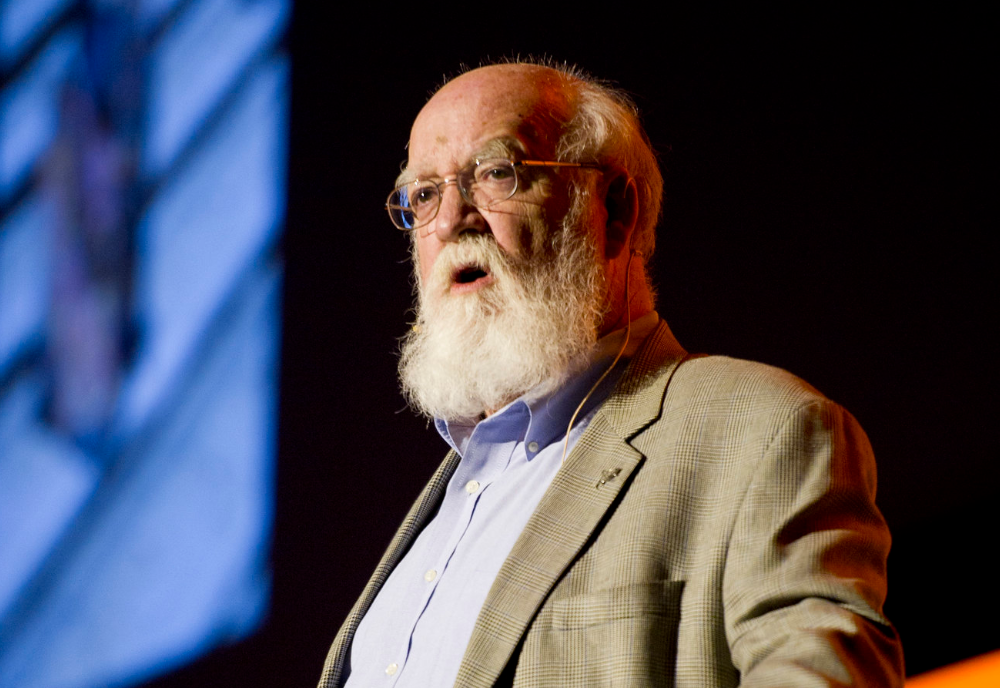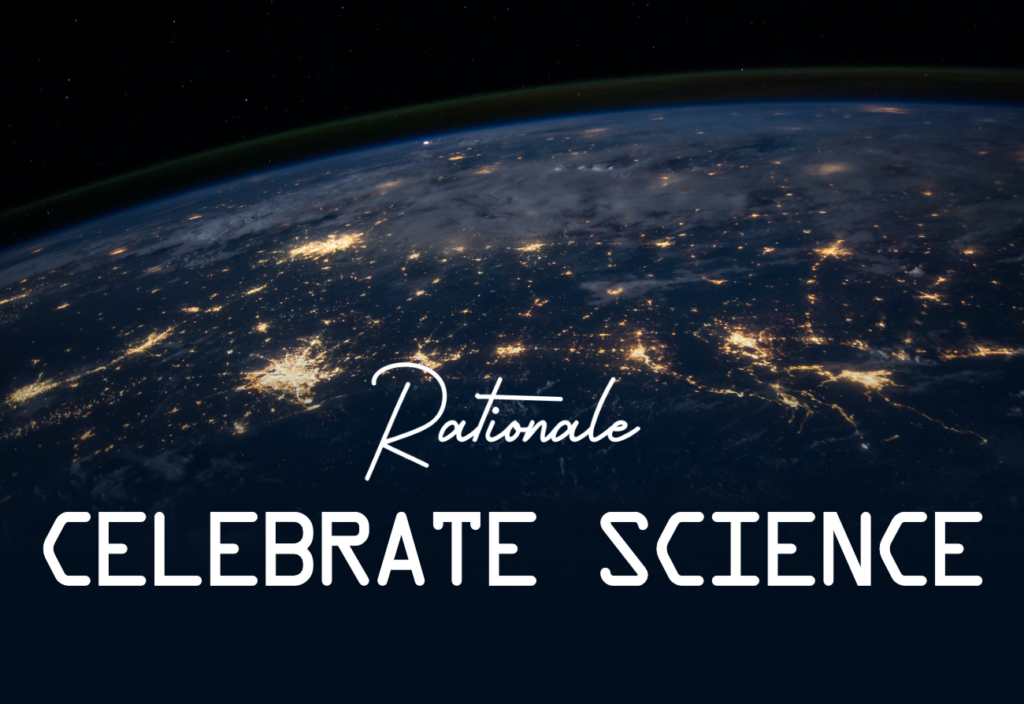Let me introduce you to a young boy known as ‘Peanut’. James Delarue is his real name but, with affection, everyone calls him Peanut. Peanut lives with his parents and older sister in the rough and ready country town of Boomeroo. Eight blocks long and four blocks wide, that’s Boomeroo. This is a small town where everyone knows everyone’s business. And if they don’t, they’d be likely to make it up.
Peanut has a best friend and constant companion by the name of Jack Rivers. If Peanut has a game going on, one of life’s mysteries to be explored, or just a stretch of daydreaming to be done, then Jack will be in it. Peanut’s family have mixed reactions to Jack.
Nance, Peanut’s mother, is very fond – perhaps too fond – of Jack. She includes him in all the family’s activities, and there’s always a place at the kitchen table. Father Tony tolerates but doesn’t understand his son’s relationship with Jack. As for Peanut’s sister Connie, well, she’s a big sister and a bossy one.
Peanut and Jack star in Jack Rivers and Me, a novel set in the 1950s. In 1980, the book was awarded The Australian/Vogel Literary Award for writers under age 35. The following year it was published and its author, Paul Radley, was named Young Australian of the Year.
I read Jack Rivers at a time of life where some equanimity was on the horizon, after a lengthy period of turbulence. This was my first book of literary fiction since high school. I doubt I could have read it during the turbulent days. I wouldn’t have had the focus.
The central theme of Jack Rivers is the power of imagination and the hold this can take on people. It has lessons for some of life’s mysteries – religion, in particular.
I grew up with only a modicum of religion in my life. Sunday School didn’t appeal and didn’t last long. There was no parental coercion to stick at it. I got an exclusion from religious instruction at high school without any fuss.
Basically, religion – I’d like to say any religion, but I really only knew Christianity – just didn’t make sense. Too much make-believe. Big man in the sky? Virgin birth? I mean, really! I was a sceptic before I knew what a sceptic was.
Religion tells people what is true or false, right or wrong. It commands people to have faith, to believe without question. Religion resolutely denies observation and evidence to support that faith. I’m no scientist but I understand the scientific process, which seeks to form a view based on observation and evidence. Science continually questions its own observation and evidence, and the views it forms.
To put it starkly, science asks questions that may never be answered, while religion provides answers that must never be questioned. Talk about chalk and cheese.
Questioning what I believe and why has long been important to me. Somewhere around the time I read Jack Rivers (close to 40 years ago), I tried to form a more considered view on religion. Why was it I didn’t believe? Shouldn’t there be more to a well-considered view than “it just didn’t make sense”. I pondered this for some time and then, in the way that first thoughts sometimes prove most durable, concluded “it just didn’t make sense”. And, although I still occasionally think about it, that’s been good enough for me ever since.
By thinking things through, questioning one’s own beliefs, particularly the deep-seated beliefs, we address what Hannah Arendt called the “life of the mind”. This distinguishes truth and meaning, knowing and thinking. Thinking links our active life and our contemplative mind. This is what reflective memoir writing or a persuasive personal essay does.
Writing that goes beyond recording mere facts, but aims to understand, make sense and sees connections between the personal and the universal. Writing helps think things through. It’s slower and it’s different to just thinking things through. Or, as novelist and essayist E.M. Forster has said: “How do I know what I think until I see what I say.”
My atheism – or, more correctly, pan-atheism – doesn’t preclude a sense of spirituality, which I grappled with for years. I now understand spirituality to be an acceptance there is more to the world than the material. The pinnacle is the inner life of self-knowledge, which captures the emotional realm and offers empathy and compassion to all things in their beauty, awe and wonder.
The central theme of Jack Rivers is the power of imagination and the hold this can take on people. It has lessons for some of life’s mysteries – religion, in particular.
From a swirl of gas and dust, our world began several billion years ago and evolved to give us mountain ranges and desert plains, oceans, lakes and rivers, forest giants and weedy nuisances, blue whales and bush ticks. How not to be in awe, feel a sense of reverence?
Believers in a god claim many virtues, but claiming religion as the basis of morality is laden with hubris. The golden rule applies to any form of behaviour, any code of conduct, not just that claimed by religion. For the great majority of us, knowing right from wrong isn’t that hard. Everyone has the capacity for good and evil, but I believe people to be good by nature unless damaged through addiction, abuse or pernicious role models.
Religion supposedly encourages people to be nice to each other. To be compassionate, cooperative, charitable. Its rituals appeal to a sense of the aesthetic and it supports a sense of community and social cohesion. All of this can support a calm mind. Undoubtedly, these are personal and societal goods, but they are freely available in the Op Shop, the Landcare group, the service club – anywhere people meet.
The 2021 Australian Census showed that, in the previous 10 years, the number of people reporting no religion had increased from 22 to 39 per cent. Over the same period, the number of people who identify as Christian had fallen from 61 to 44 per cent. Hinduism and Islam are growing but make up a very small percentage of the population.
The figures for those reporting a religious belief are likely overstated as people routinely identify the religion they were born into, rather than a current religious conviction or adherence. Parents also assign their religious beliefs to their children.
A 2017 Ipsos Global Poll revealed almost two-thirds of Australians think religion does more harm than good. Yet, throughout Australia, parliaments and local councils – where we find people who claim to be providing leadership – start their meetings with a prayer to the almighty. You would have to wonder why this continues and how long it can continue.
So, back to Jack Rivers. Despite his constant and very real presence throughout the Delarue family, Jack doesn’t actually exist. He’s Peanut’s imaginary friend. As the time approaches for Peanut to start school, Connie worries that Peanut, with an imaginary friend, will not survive the mockery that will surely come his way. She campaigns for Jack to be sent away. Peanut resists, with help from Nance. But Connie persists, and finally prevails.
Cutting it fine you might say, but on the morning of his first day at school Peanut announces that Jack has gone to the outback for a while, droving. After that, he will be going to the islands. Peanut has a good imagination – that’s the basis of Jack’s place in the scheme of things – but Peanut has accepted reality, realising he doesn’t need Jack any more. Just an ordinary part of growing up. Everyone does it and, along with the power of imagination, this is the essence of Jack Rivers and Me.
After Jack Rivers left Boomeroo, the sky didn’t fall in. Peanut got on with his life and grew to be a fine person. Father Tony had never been close to Peanut and had been almost resentful of his son’s relationship with Jack. But when Jack left the father-son relationship blossomed. For mother Nance, Jack was a personification of a former boyfriend who had died in the war. Jack’s leaving helped her move on.
In the mid 1990s, Jack Rivers and Me again captured attention. Paul Radley revealed, on national television, that it was his uncle and not he who had written the book. Radley said his life had been ruined by the duplicity and the torment he felt. I hope he recovered well; we all make mistakes.
Falsehoods, like false beliefs though, are not good for anyone. In the mid 19th century, Karl Marx said religion: “… is the opium of the people”, disconnecting the disadvantaged from their situation, offering relief from reality as a means of political control. As the Roman philosopher Lucius Annaeus Seneca had put it back in the first century: “Religion is regarded by the common people as true, by the wise as false, and by the rulers as useful.”
On the other hand, facing reality, questioning personal beliefs along with societal dogmas, and perhaps waving goodbye to imaginary friends – just as Peanut did – can be positively enriching. Whether religion, political leanings or acceptance of any of the institutions of modern life, you may like to think about it.
This is an excerpt of the author’s book, In Life There is Luck: A memoir of an ordinary life with reflections on memoir writing. It is republished with the author’s permission.
Published 4 May 2024.
If you wish to republish this original article, please attribute to Rationale. Click here to find out more about republishing under Creative Commons.
Photo by Chad Stembridge on Unsplash.














